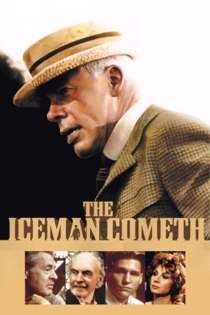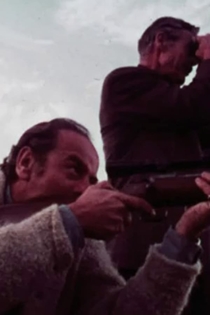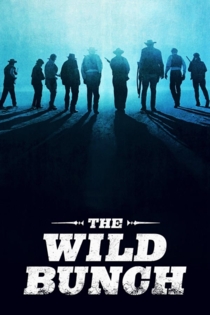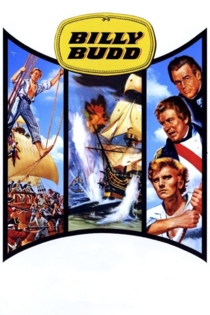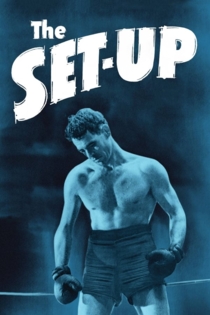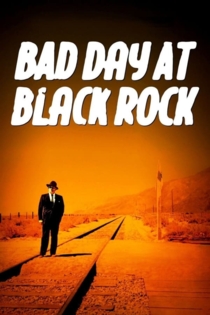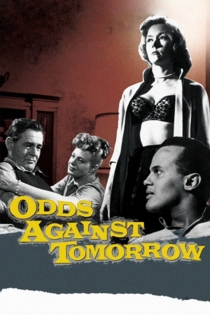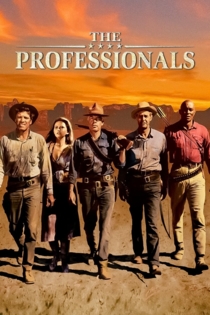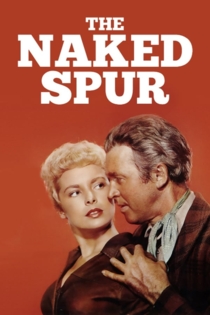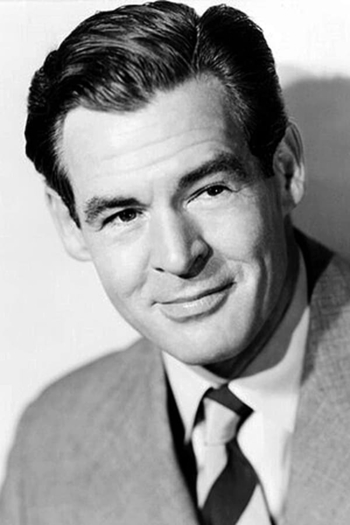
Robert Ryan
1909 - 1973Ryan was born in Chicago, Illinois, the first child of Timothy Ryan and his wife Mabel Bushnell Ryan. He graduated from Dartmouth College in 1932, having held the school's heavyweight boxing title all four years of his attendance. After graduation, the 6'4" Ryan found employment as a stoker on a ship, a WPA worker, and a ranch hand in Montana.
Ryan attempted to make a career in show business as a playwright, but had to turn to acting to support himself. He studied acting in Hollywood and appeared on stage and in small film parts during the early 1940s.
In January 1944, after securing a contract guarantee from RKO Radio Pictures, Ryan enlisted in the United States Marine Corps and served as a drill instructor at Camp Pendleton, in San Diego, California. At Camp Pendleton, he befriended writer and future director Richard Brooks, whose novel, The Brick Foxhole, he greatly admired. He also took up painting.
Ryan's breakthrough film role was as an anti-Semitic killer in Crossfire (1947), a film noir based on Brooks's novel. The role won Ryan his sole career Oscar nomination, for Best Supporting Actor. From then on, Ryan's specialty was tough/tender roles, finding particular expression in the films of directors such as Nicholas Ray, Robert Wise and Sam Fuller. In Ray's On Dangerous Ground (1951) he portrayed a burnt-out city cop finding redemption while solving a rural murder. In Wise's The Set-Up (1949), he played an over-the-hill boxer who is brutally punished for refusing to take a dive. Other important films were Anthony Mann's western The Naked Spur, Sam Fuller's uproarious Japanese set gangland thriller House of Bamboo, Bad Day at Black Rock, and the socially conscious heist movie Odds Against Tomorrow. He also appeared in several all-star war films, including The Longest Day (1962) and Battle of the Bulge (1965), and The Dirty Dozen. He also played John the Baptist in MGM's Technicolor epic King of Kings (1961) and was the villainous Claggart in Peter Ustinov's adaptation of Billy Budd (1962).
In his later years, Ryan continued playing significant roles in major films. Most notable of these were The Dirty Dozen, The Professionals (1966) and Sam Peckinpah's highly influential brutal western The Wild Bunch (1969).
Ryan appeared several times on the Broadway stage. His credits there include Clash by Night, Mr. President and The Front Page, the comedy drama about newspapermen.
He appeared in many television series as a guest star, including the role of Franklin Hoppy-Hopp in the 1964 episode "Who Chopped Down the Cherry Tree?" on the NBC medical drama about psychiatry, The Eleventh Hour. Similarly, he guest starred as Lloyd Osment in the 1964 episode "Better Than a Dead Lion" in the ABC psychiatric series, Breaking Point. In 1964, Ryan appeared with Warren Oates in the episode "No Comment" of CBS's short-lived drama about newspapers, The Reporter, starring Harry Guardino in the title role of journalist Danny Taylor. Ryan appeared five times (1956–1959) on CBS's Dick Powell's Zane Grey Theater and twice (1959 and 1961) on the Zane Grey spin-off Frontier Justice. He appeared three times (1962–1964) on the western Wagon Train.
The Inheritance
Harold Mayer
Robert Ryan
The Inheritance shows what life was really like for immigrants and working Americans from the turn of the century through the fight for civil rights in the 1960s. This stirring history of our country shows their struggle to put down roots, form labor unions, survive wars, and finally, create a new and better life for themselves and our nation. The film explores a landscape largely unknown to the present generation - the dim sweatshops, coal mines and textile mills filled with children; the anxious years of the depression and labor's bloody struggle for the right to organize; the battlefields of WW I and II; the seldom seen newsreel footage of the Memorial Day massacre at The Republic Steel strike in Chicago; the civil rights struggle - as every generation fights again to preserve and extend its freedoms. This is the film's theme. Judy Collins sings this theme song, as well as more great music sung by Judy, Pete Seeger, Tom Paxton and others.
The Inheritance
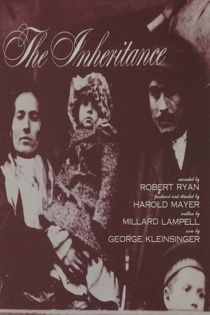
Simon and Garfunkel: Songs of America
Charles Grodin
Paul Simon, Art Garfunkel
“Songs of America” shows the two on stage, in the studio and on a concert tour across a turbulent country. Their ambitious Bridge Over Troubled Water album had yet to be released and the glorious title song was heard here by the general public for the very first time. The program showed news clips of labor leader/activist Cesar Chavez and the United Farm Workers, the Poor People’s Campaign’s march on Washington, the assassinations of Martin Luther King, JFK and Robert Kennedy and other events that were emblematic of the era. “Songs of America” was originally sponsored by the Bell Telephone Company, but the execs there got cold feet when they saw what they’d paid for—legend has it that they looked at the footage of JFK, RFK and MLK during the (powerful!) “Bridge Over Troubled Water” segment (approx 12 minutes in) and asked for more Republicans! (Not assassinated Republicans, just more Republicans...you know, for balance!) The special was eventually picked up by CBS.
Simon and Garfunkel: Songs of America
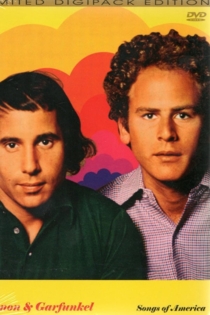
The Spencer Tracy Legacy: A Tribute by Katharine Hepburn
David Heeley
Spencer Tracy, Katharine Hepburn
In this tribute to her frequent co-star and longtime love, Katharine Hepburn hosts a behind-the-scenes look at Spencer Tracy's personal and professional life that features intimate personal accounts, interviews and clips from his most acclaimed work on the silver screen.
The Spencer Tracy Legacy: A Tribute by Katharine Hepburn
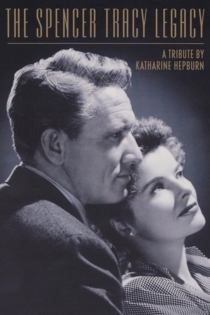
The Dirty Dozen
Robert Aldrich
Lee Marvin, Ernest Borgnine
12 American military prisoners in World War II are ordered to infiltrate a well-guarded enemy château and kill the Nazi officers vacationing there. The soldiers, most of whom are facing death sentences for a variety of violent crimes, agree to the mission and the possible commuting of their sentences.
The Dirty Dozen
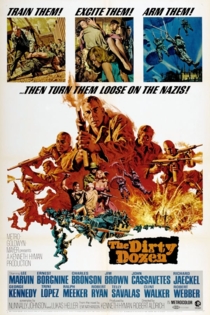
The Longest Day
Bernhard Wicki, Ken Annakin
Eddie Albert, Paul Anka
The retelling of June 6, 1944, from the perspectives of the Germans, US, British, Canadians, and the Free French. Marshall Erwin Rommel, touring the defenses being established as part of the Reich's Atlantic Wall, notes to his officers that when the Allied invasion comes they must be stopped on the beach. "For the Allies as well as the Germans, it will be the longest day"
The Longest Day
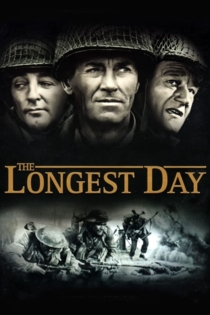
Act of Violence
Fred Zinnemann
Van Heflin, Robert Ryan
A former prisoner of war, Frank Enley is hailed as a hero in his California town. However, Frank has a shameful secret that comes back to haunt him when fellow survivor Joe Parkson emerges, intent on making Frank pay for his past deeds.
Act of Violence
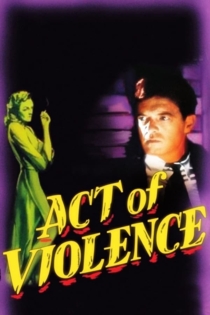
Day of the Outlaw
André De Toth
Robert Ryan, Burl Ives
Blaise Starrett is a rancher at odds with homesteaders when outlaws hold up the small town. The outlaws are held in check only by their notorious leader, but he is diagnosed with a fatal wound and the town is a powder keg waiting to blow.
Day of the Outlaw
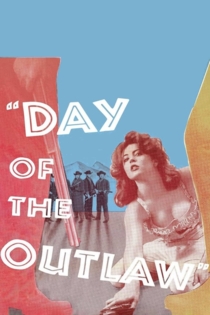
The Iceman Cometh
John Frankenheimer
Lee Marvin, Fredric March
Set in 1912, inside a dive bar named The Last Chance Saloon, its destitute patrons eagerly await the arrival of Hickey, who arrives annually and props everyone up with free drinks and spirited stories of his travels. However, when Hickey does show up this year, it is with a message of temperance and an exhortation to give up hopeless dreams and face reality.
The Iceman Cometh
